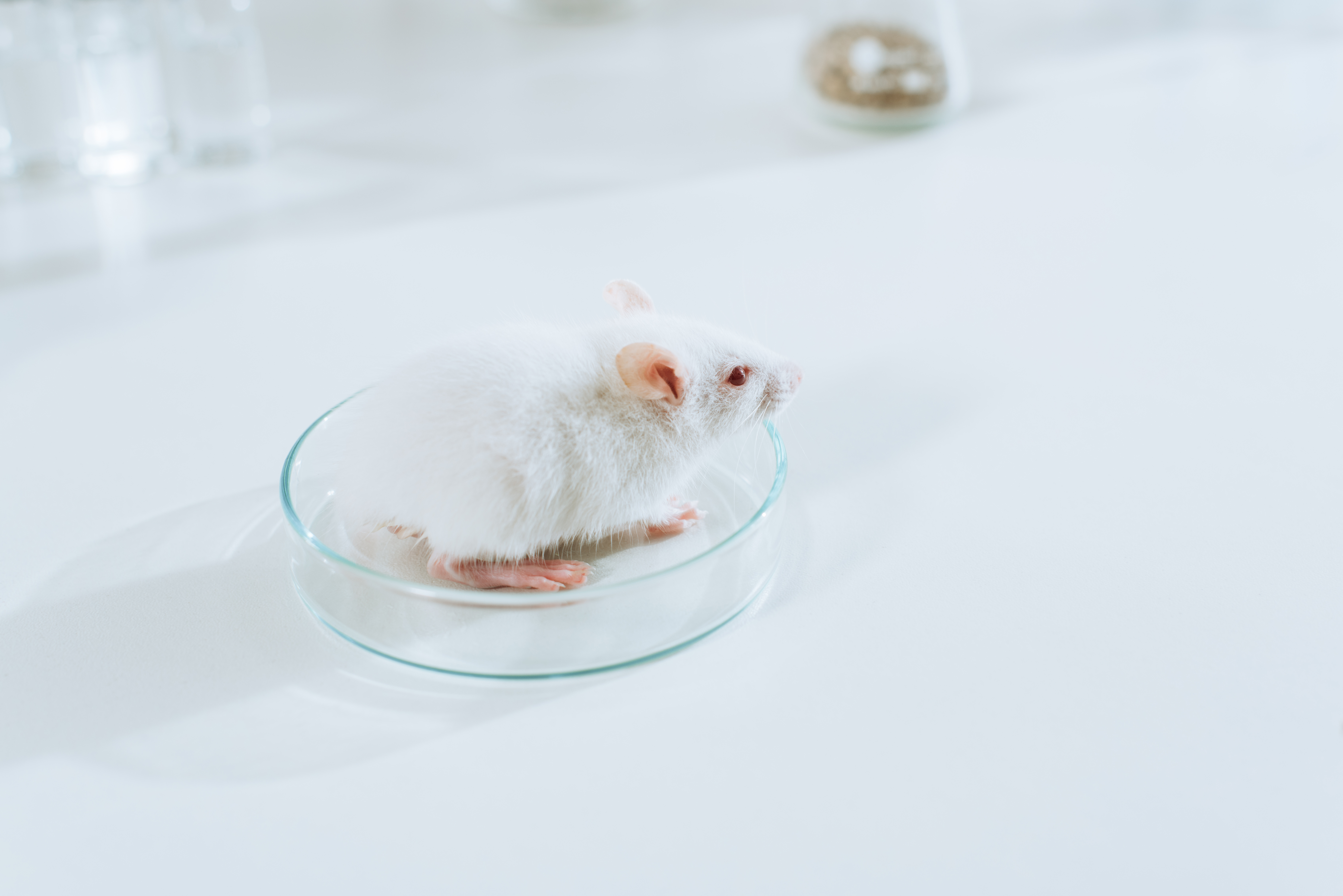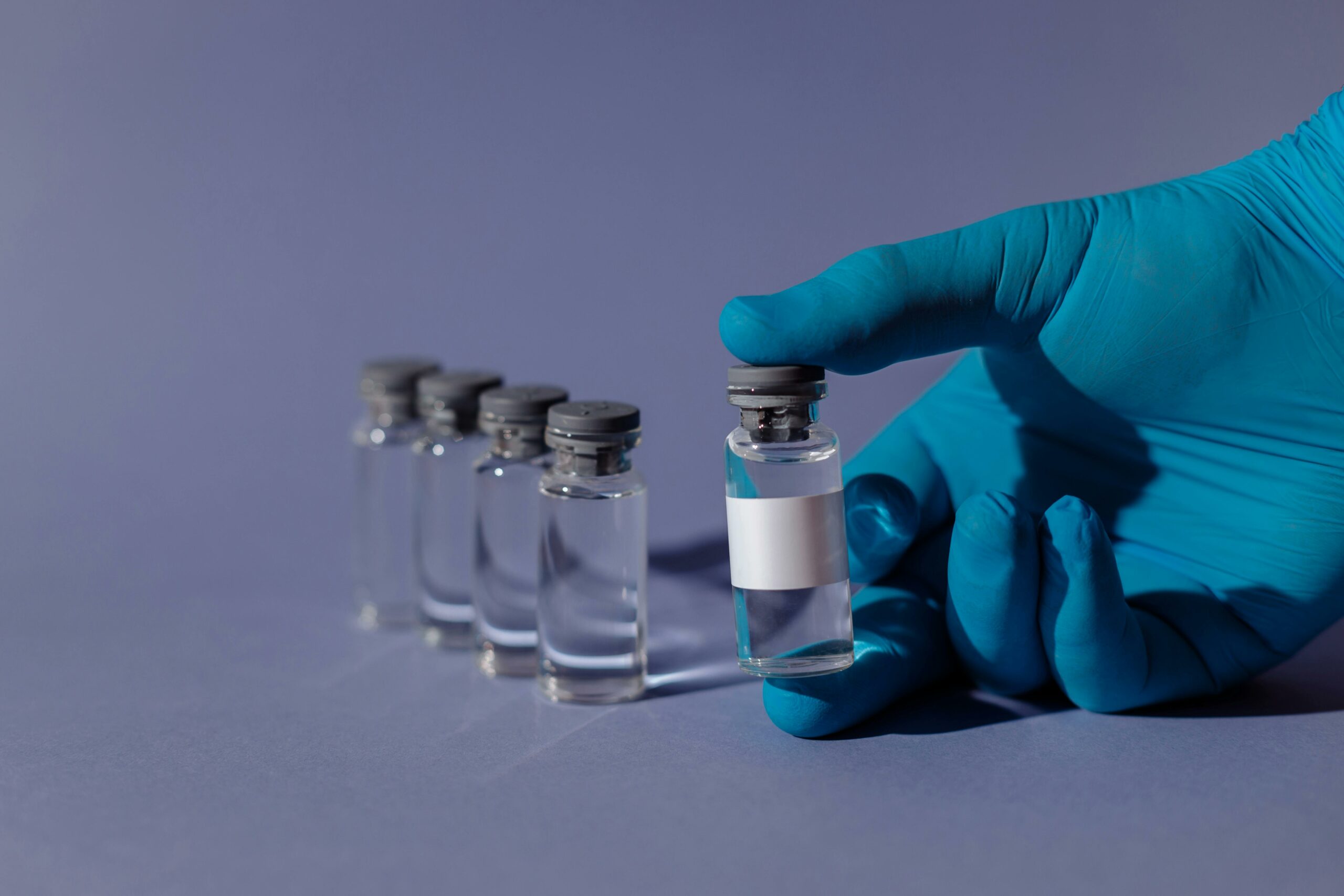
Revisiting vitamin therapy for HD
A small clinical trial of high-dose biotin and thiamine for treating HD is being planned in Spain. This trial is based on research that links HD to another neurodegenerative disease called biotin-thiamine responsive basal ganglia disease (BTBGD).

A research group in Spain is planning a clinical trial to explore if biotin and thiamine supplementation may help treat motor symptoms of Huntington’s Disease. This strategy emerged from their observations that some protein changes in both mice and people with the HD gene mutation resembled those seen in another rare brain disorder, biotin-thiamine responsive basal ganglia disease (BTBGD). Like HD, BTBGD affects a part of the brain called the striatum and causes movement problems. Daily biotin and thiamine vitamin supplementation is an approved treatment for BTBGD, and has been used with success for individuals with this condition. A recent publication provides some evidence that this treatment could be worth a try in HD, too, but a rigorous clinical trial in people with HD would be needed first.
Approaching Huntington’s disease treatment from a new angle
Individuals with Huntington’s Disease (HD) have a mutation in a gene called huntingtin, which creates an expanded, longer-than-normal huntingtin protein. The protein builds up in the brain and is thought to be toxic to brain cells, leading to the symptoms of HD. Research on HD treatment has largely focused on targeting the huntingtin gene and protein itself. Many of these treatments and therapies aim to lower huntingtin protein levels through various methods, and several current clinical trials, both past and present, have been developed with this goal in mind.

Image credit: Lightfield Studios
However, the field of HD research is diverse, and scientists are exploring other treatment targets from different angles. Recently a group of HD researchers in Spain has investigated the role of a family of proteins called CPEBs in neurodegenerative diseases. The research group’s work was published in Science Translational Medicine in September of 2021 and presented by Dr. Jose Lucas on Day 1 of the CHDI HD Therapeutics conference in March 2022.
The basic job of CPEB proteins in cells is to modify the genetic RNA message molecule in a way that affects the size and the amount of the proteins the RNA message produces. CPEBs affect protein creation by lengthening or shortening a part of the RNA message called the poly-A tail. This tail can be placed in slightly different locations, allowing one gene to make different “recipes” to produce proteins of multiple lengths. When a poly-A tail is very short, this signals that the RNA recipe should be destroyed. Therefore, the actions and amounts of CPEBs can significantly affect the lengths and levels of important protein molecules in cells.
From CPEBs to vitamin deficiency
CPEB proteins are known to play a role in brain development and in adult nerve cells. Changes in the actions and levels of CPEB proteins have been seen while studying autism and epilepsy, but CPEB proteins had not yet been looked at closely in neurodegenerative diseases like HD. In this recent study, Lucas’s team observed changes in CPEB levels in the brains of humans and mice with the HD gene. This led them to look more closely at how that affected the levels of other RNA messages and proteins related to HD and other brain diseases.
One of the genes affected by changes in CPEB levels was a gene identified in biotin-thiamine-responsive basal ganglia disease (BTBGD). This is a very rare genetic disorder (one in a million) that usually strikes in early childhood and hinders the brain’s ability to use dietary thiamine (also known as vitamin B1). Like HD, BTBGD causes damage to a part of the brain called the striatum, which leads to problems with movement, mood, and thinking. But unlike HD, there is a treatment that can do more than manage symptoms. With daily oral administration of biotin and thiamine, complete clinical recovery from BTBGD is typically reported if treatment is started soon after noticing symptoms, and if lifelong treatment is maintained. The clinical similarities between BTBGD and HD and their genetic findings prompted Lucas’s group to explore whether thiamine deficiency could also be occurring in HD, and if vitamin supplementation could be a way to treat it.
Indeed, the researchers found that mice with HD showed BTBGD-like bloodwork, including thiamine deficiency, and human HD brain tissue also showed signs of thiamine deficiency. This led them to move forward with testing a combination of high-dose biotin and thiamine in two types of mice with HD. The treatment prevented deficiency in brain thiamine, improved brain health, and decreased the rate of loss of nerve cells, in comparison to untreated mice. Based on these observations, the researchers think it’s possible that individuals with HD might also benefit from thiamine and biotin vitamin supplementation.
“Like HD, BTBGD causes damage to a part of the brain called the striatum, which leads to problems with movement, mood, and thinking. But unlike HD, there is a treatment that can do more than manage symptoms.”
Moving findings in mice into people?
These promising results in mice don’t mean that individuals HD should start taking large quantities of biotin and thiamine from the grocery store. The research done in mouse models was limited to the motor symptoms of HD and did not evaluate the cognitive and psychiatric symptoms of HD. As we’ve learned many times over, animals and cells in a dish can provide valuable insight into HD and a starting point for testing therapies, but the only way to test safety and effectiveness of new treatments is to conduct clinical trials. To date, promising vitamin-based therapies (CoQ10, for example) have not panned out in human trials.
Despite these limitations, a randomized trial based in Spain to use biotin and thiamine to treat people with HD is being designed, with the hope that the combined oral therapy might be able to modify the progression of HD in people with HD in the early-to-middle stages. Clinical testing may be a logical next step, though some researchers and clinicians have questioned why the design of the trial does not include a placebo group for comparison. Nevertheless, vitamin supplementation is easily implementable, and high dose combination treatment of biotin and thiamine has already been proven safe. Furthermore, both vitamins are approved by various regulatory agencies and are available at a low cost. We are encouraged by the knowledge that this type of therapy is evidence to be well-tolerated, safe, and effective for patients with BTBGD and look forward to hearing more news about the upcoming trial in people with HD.
Learn more
For more information about our disclosure policy see our FAQ…


